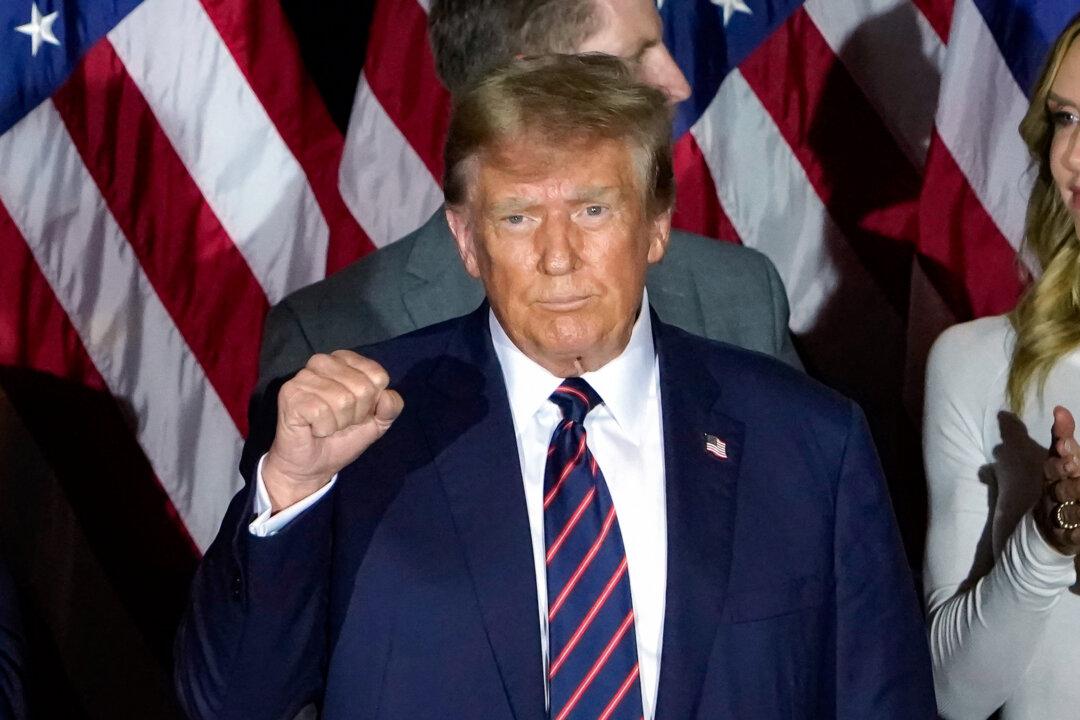A judge’s recent decision to postpone the trial date for former President Donald Trump’s election interference case in Washington means that his next scheduled trial in the so-called “hush money” case in New York will make history as the first criminal trial of a former U.S. president.
The decision by U.S. District Judge Tanya Chutkan to vacate the March 4 trial date in the election interference case brought by special counsel Jack Smith in Washington opens the door for President Trump’s next prosecution, scheduled to go to trial on March 25, 2024, in New York.





